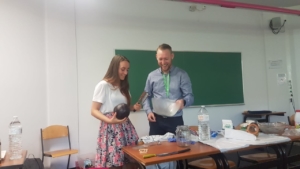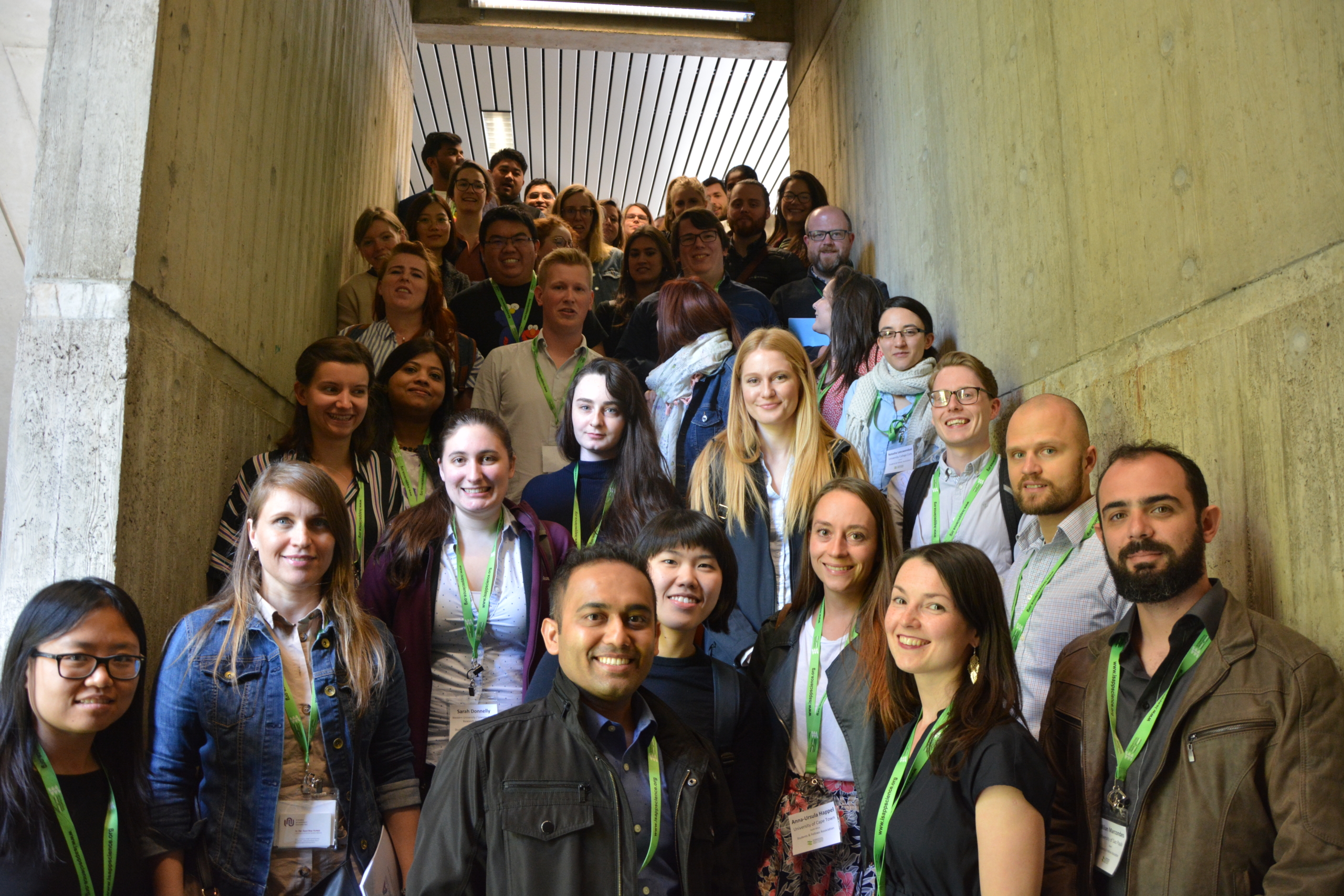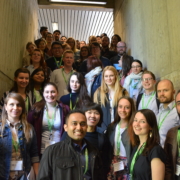ISAPP Students and Fellows Association announce blog posting: A new way to share our work and perspectives
By Anna-Ursula Happel, president ISAPP-SFA and postdoctoral fellow at the Faculty of Health Sciences at the University of Cape Town, South Africa
Our professors keep telling us to write, write, write. Reports, papers, reviews, presentations. You can’t blame them as that’s what most of them had to do, and in a competitive environment academic output is critical. But while professors urge students to produce academic outputs, there’s a whole world of research ‘impact’ in a digital world that is beginning to matter for career advancement. To further our reach along this axis, we as the ISAPP-Students and Fellows Association (SFA) are launching a blog platform, which will be regularly updated with perspectives from our members and ideas on recent developments in the field of probiotics and prebiotics.
Our very first blog post centered on an innovative project I never thought I would hear about. Through our SFA meeting, I had heard about the Reid lab from Western University in Canada trying to find a way to prevent the decline of honey bee populations. It was a shock, since their focus for years has been women’s health. My first question to one of Dr. Reid’s students, Brendan Daisley, was: How did this come about? It turns out, the interest in how environmental toxins affect humans led to wondering how it helped really important pollinators. Not such a tangential switch as I’d thought. But what’s this got to do with the field of probiotics and my career?
Well, it shows that probiotics, as the definition states, can be applied to many hosts. It also shows that the microbiome plays a role in the health of insects as well as humans. And many of the study tools are the same – microbiota analysis, bioinformatics, immune responses, etc., yet some are totally different – using Drosophila models, counting larvae, measuring honey volumes. Read more about it here. The lesson for me: think laterally, look at how you can apply your knowledge, think of ecosystem health, and learn lots of basic skills.

Then, I thought to myself, how can research provide me with opportunities for developing leadership, initiatives and skills that are valuable for my careers. How can I gain visibility as an early-career researcher, grow my networks, improve my writing and scientific communication skills and find a platform to highlight projects that matter to me? The new blog will be helpful for all of this.
As members of the SFA, we’re very fortunate to have our voices heard; to organize our own annual meeting (well, except for 2020 when the world shut down); to be exposed to amazing scientists and ground breaking ideas – and to communicate our work, ideas and perspectives to a broad audience through our new blog. Beyond formal networking at annual meetings, the SFA blog now offers a way to stay actively connected throughout the entire year on a more informal platform with our peers, may strengthen ties within the community and even lead to collaborations and career opportunities.

See here for the ISAPP-SFA blog — bookmark it or watch for new posts on social media!
Twitter: @ISAPPSFA





